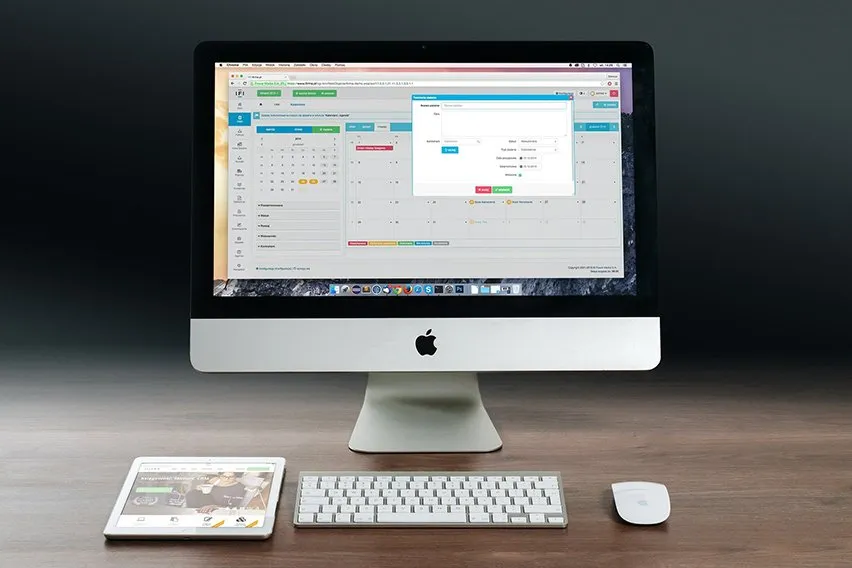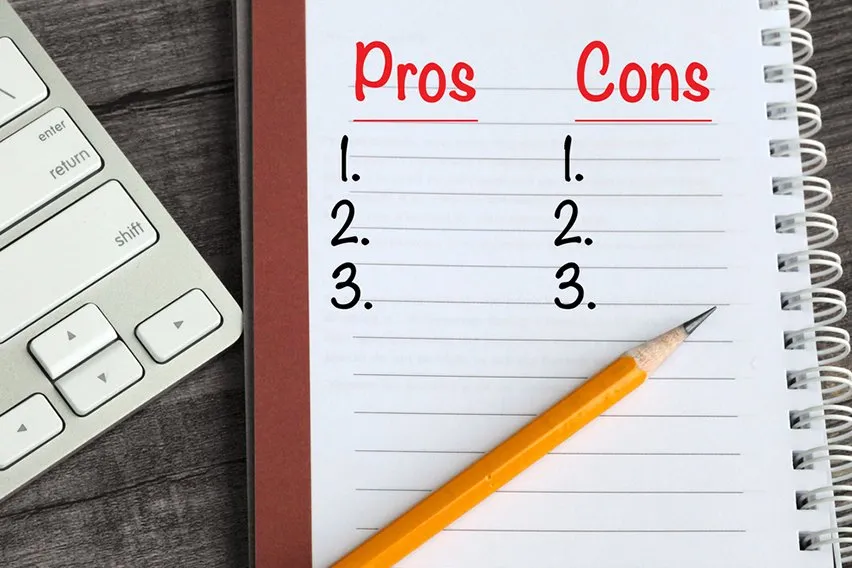How to Work 80 Hours a Week Without Burnout

Working too much can be damaging to both your physical and mental health. It can negatively affect your focus and productivity and lead to bigger health issues. But, sometimes you have to work more hours per week than usual.
The good news is that working extra hours without burnout is achievable. Some of the most successful people in the world are famous for putting in substantial working hours each week. But how do they do it? Is there a secret recipe?
There’s no secret recipe, but there are some strategies that you can put in place to help avoid burnout. You can stay productive and properly manage your mental and physical health at the same time.
Here’s What We’ll Cover:
Working Long Hours Without Burning Out
Working Long Hours Without Burning Out
Every individual person is going to be different. There are different sleep schedules and exercise patterns. And some people have longer commutes to work than others.
Now, working 80 hours a week long-term, week after week might not be the healthiest solution. But doing it for shorter periods at a time or intermittently can help reduce work stress. It might not happen all the time, but you might have a big project upcoming or you need to get caught up on some other areas.
One of the most important things to remember if you are working an 80 hour workweek is to get the mental and physical stimulus needed to stay healthy.
Here are some tips to survive working 80 hours a week without burnout.

Make Sure You Still Get Enough Sleep
Working an 80 hour week usually means you don’t have a ton of time to do other things. But, the most critical aspect to not getting burned out is ensuring you still get enough sleep.
Without sleep, you won’t be able to function properly, and it could cause bigger issues down the road. A healthy sleep schedule doesn’t just contribute to your overall health, it also contributes to the quality of work that you do.
What’s the point in putting in all the extra time and effort if the quality of work you provide is subpar? Making sure you get enough sleep will help avoid those situations and keep you productive.
Incorporate Exercise Into Your Schedule
Physical health and mental health can often be directly related. They contribute to each other. And mixing in regular physical activity or exercise into your routine will allow you to refocus and reset for the rest of the day.
It might be difficult to try and find the time, but staying active can have a positive effect on the work that you do. You will stay energized and efficient in the work that you need to complete. As well, you can even use scheduled exercise breaks to help split up your day into a more manageable schedule.
That way, you won’t go long periods of time without taking a break.
Create a Calendar and Schedule for Each Day
Knowing exactly what you need to do and when you need to do it can help you prepare. You can make sure you have the right amount of time set aside to complete your tasks and responsibilities. It will help you stay as organized as possible and have a clear plan of action.
When you have a calendar in place you can also avoid any wasted time. It can be easy to get sidetracked or distracted, so having a schedule to hold you accountable can keep you efficient.

Schedule in Time for Yourself
You might be taking on an 80 hour week, but you still need time for yourself. It can be as simple as setting aside a few breaks or leisure time throughout the day. You can disconnect for a few minutes and take a step away from the work you are doing.
This can help you keep a work-life balance and take the time to regroup when it’s needed. Similar to having a good sleep schedule and getting enough exercise, taking time for yourself will help your mental health. You can stay as productive as possible and avoid burning yourself out.
Key Takeaways
It might not be the healthiest long-term solution to work 80 hours a week. However, it can sometimes be unavoidable. If you are working an 80 hour week, try to do it intermittently or for short periods.
The most important thing you need to consider to avoid burnout is to keep a healthy sleep schedule. If you don’t get enough sleep you won’t be able to complete your tasks and responsibilities as efficiently. Plus, not getting enough sleep can lead to other mental and physical health problems.
Try and mix in some exercise and some personal time throughout your days to reset and refocus. By breaking up your days, you can stay as productive as possible and avoid the chance of burnout.
Did you enjoy reading this guide? Head over to our resource hub for more!
RELATED ARTICLES


 5 Best Time Management Games
5 Best Time Management Games 5 Best Time Management Books for More Productivity
5 Best Time Management Books for More Productivity How Many Hours a Week Should I Work: Ideal Hours To Work
How Many Hours a Week Should I Work: Ideal Hours To Work 9/80 Work Schedule: Pros and Cons
9/80 Work Schedule: Pros and Cons What Is a Compensation Plan? A Step-by-Step Guide
What Is a Compensation Plan? A Step-by-Step Guide